A First Time Pilgrim in the Holy Land: Practical Preparations


Embarking on a pilgrimage to the Holy Land is an inspiring life-changing event. You will explore the serene shores of the Sea of Galilee where Jesus ministered, walk in the footsteps of historical men and women of faith in streets of Jerusalem, meander your way through the Old City’s vibrant maze of neighborhoods, religious monuments and shops, and feel the people, places and events of the scriptures come to life. Beyond the formal itinerary and program, travel to the Holy Land is a way to connect with another land, people and culture. Illume would like to share some valuable information for first-time pilgrims to prepare for your journey to this amazing land.
Overview
Israel is a very modern country. When you land in Tel Aviv, you will think you arrived in a modern coastal city of the U.S.A. Israel has invested heavily in infrastructure, so there are modern roads, highways, public transportation, and clean, bright, modern terminals, restrooms, and other public facilities. The country is also home to some of the oldest human settlements. Everywhere you travel, you will find archaeological excavations and ancient monuments that remind you of the rich heritage you are visiting.
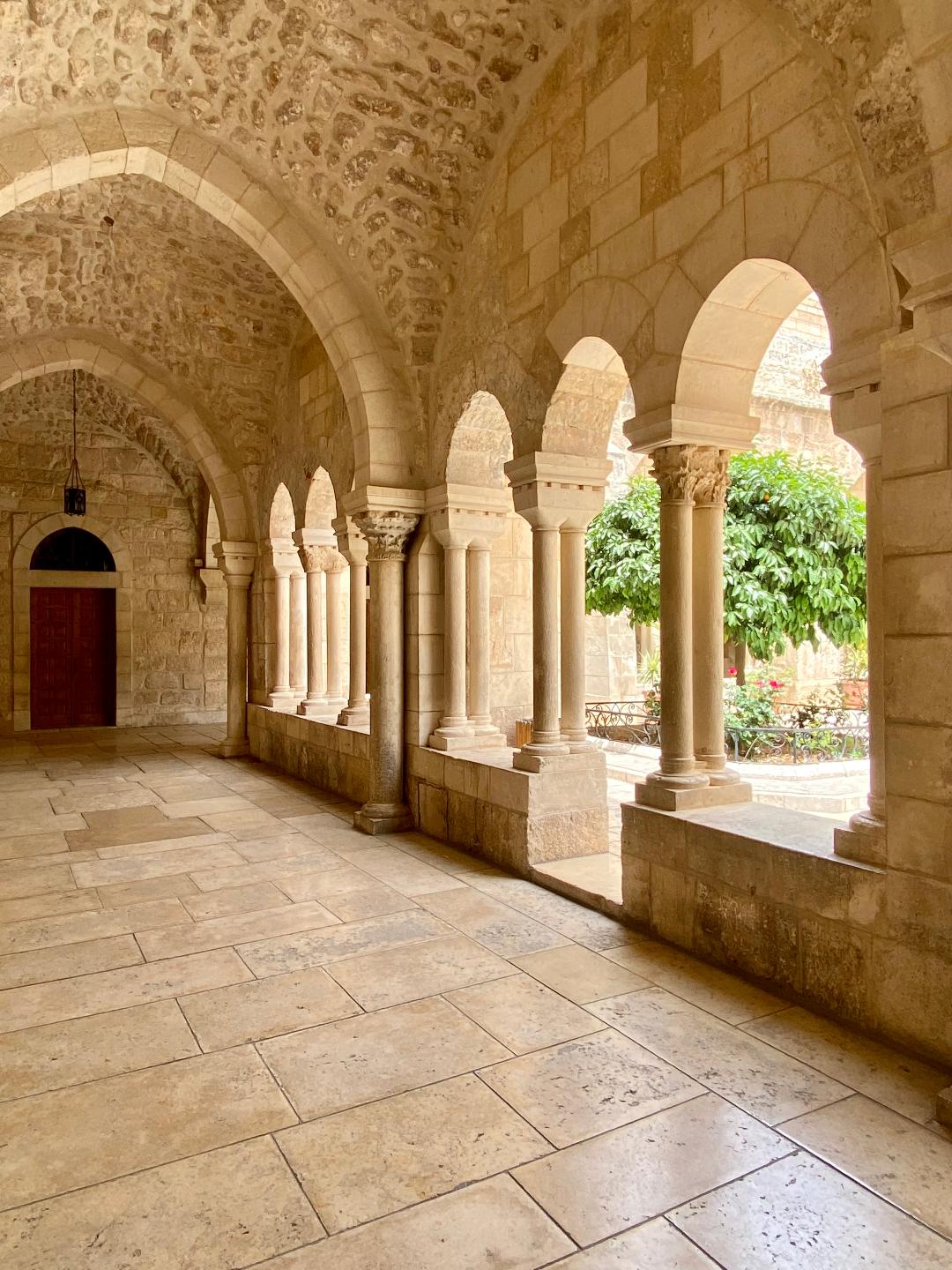
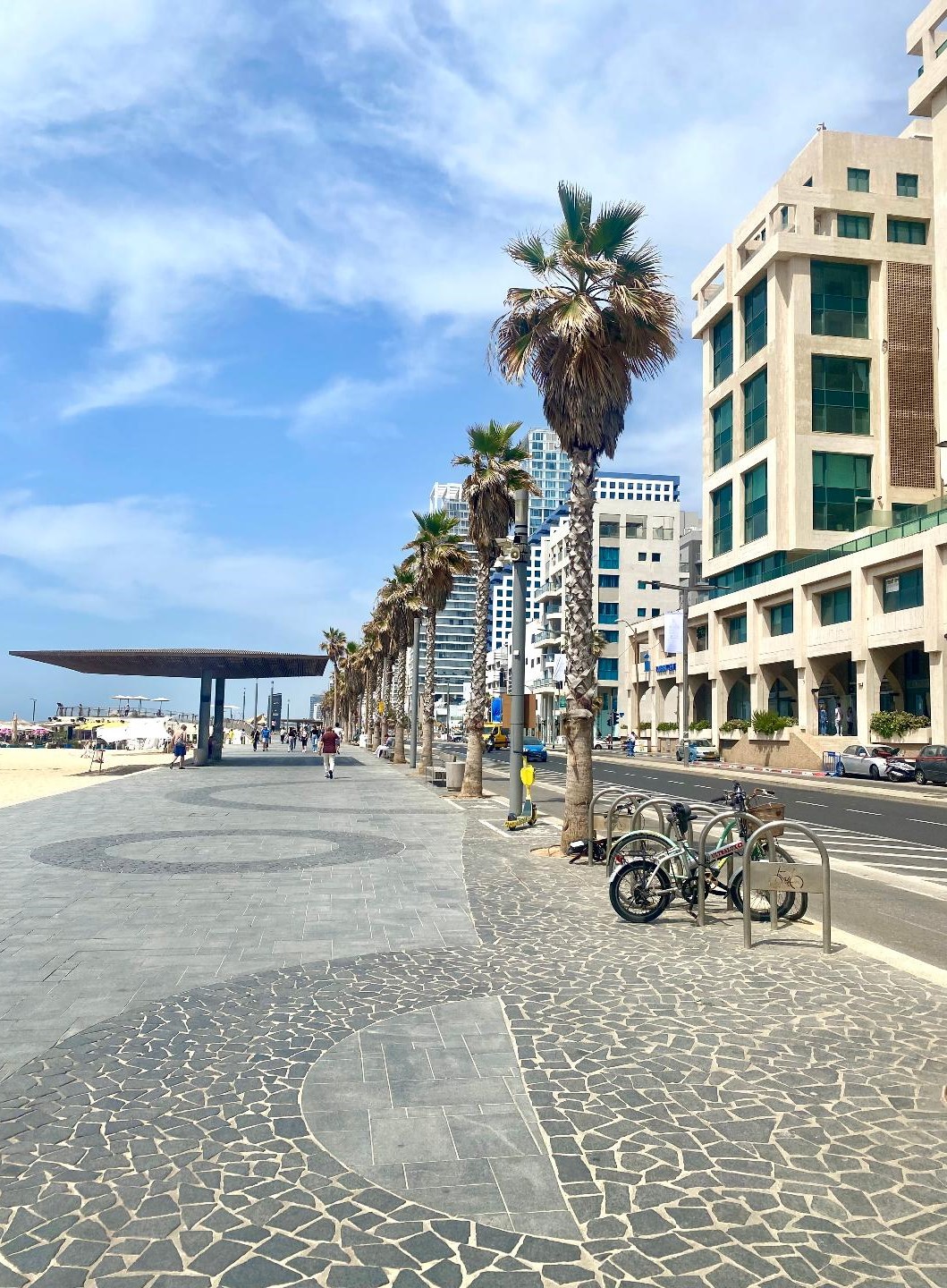
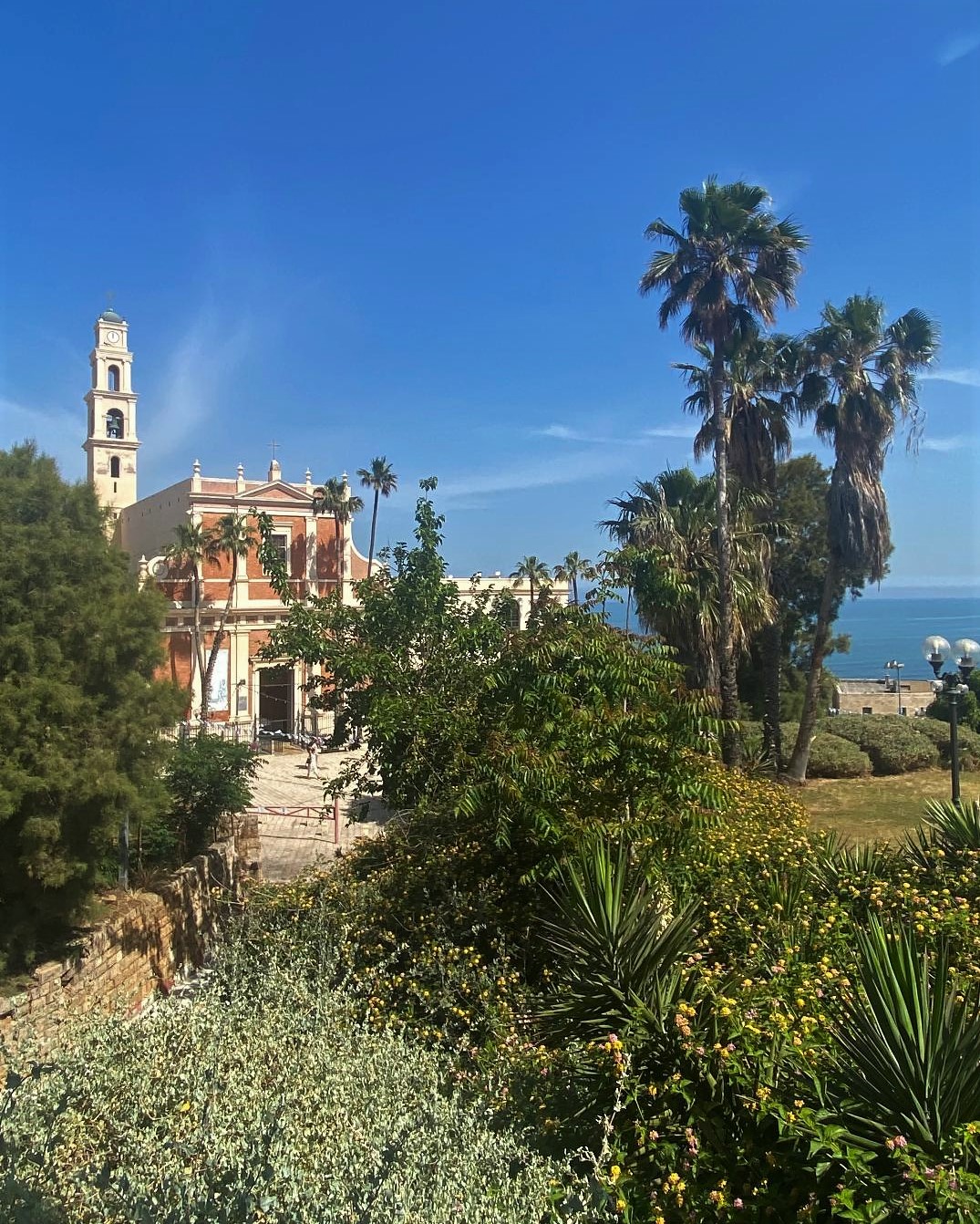
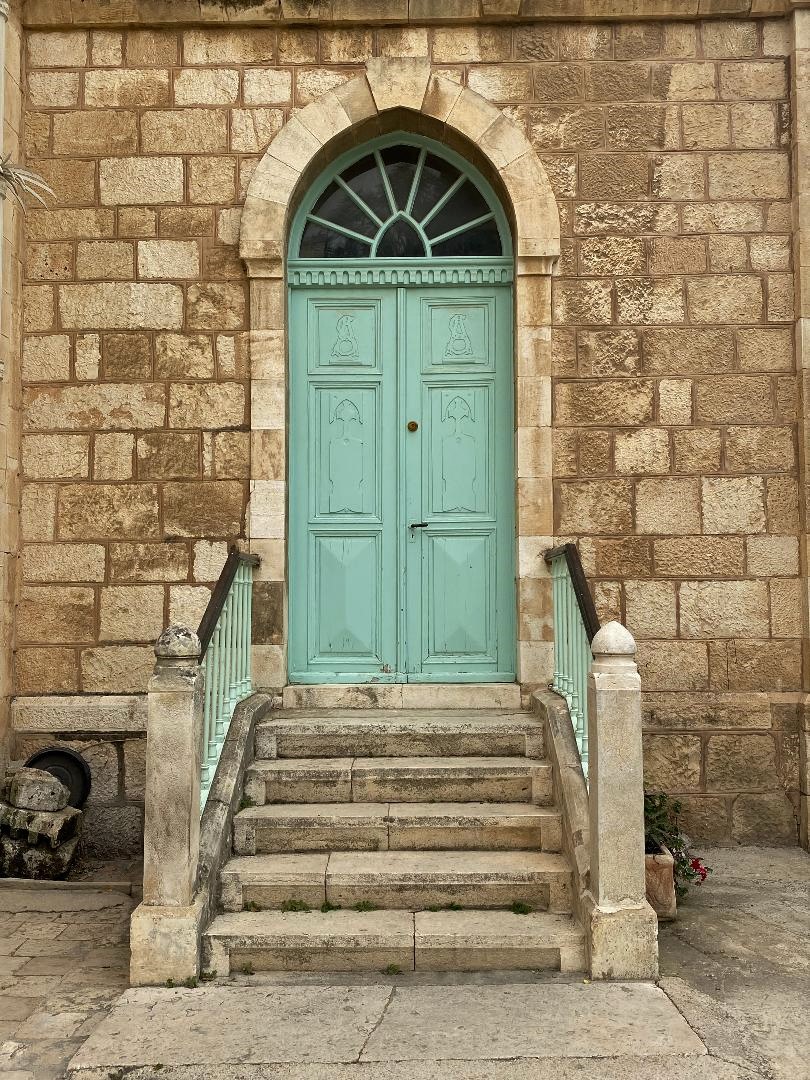
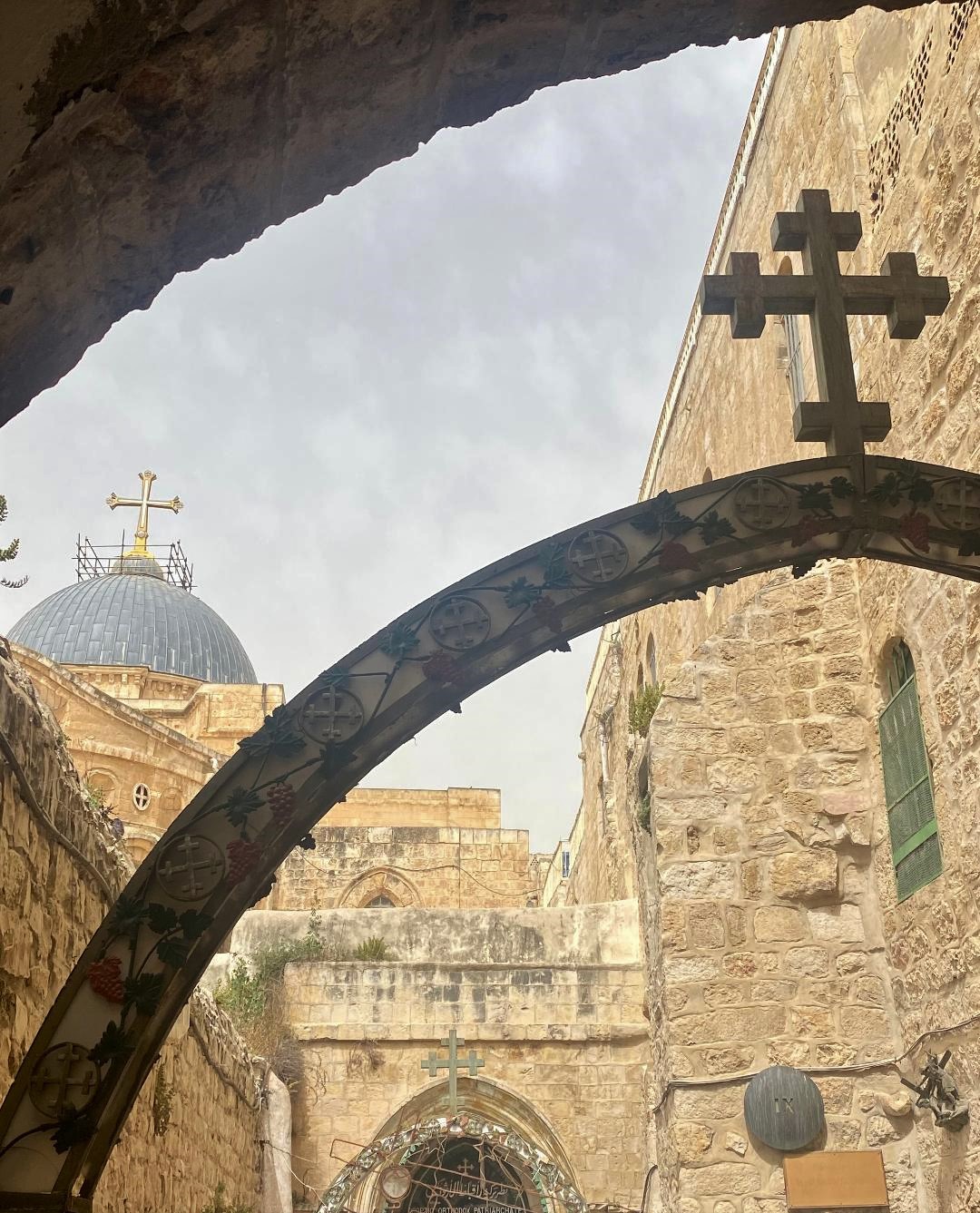

Israel is a multi-ethnic and diverse society. The Jewish population is comprised of immigrants from around the world who, while Jewish, are also Eastern European, Russian, German, French, Spanish, North American, and Latin American. The Jewish population includes secular Jews who are ethnically Jewish but not religiously observant. There are also observant Jews (those who practice their faith) and Orthodox or ultra-observant Jews (those who are very strict about practicing traditional Judaism). The local Arab population includes secular (non-religious), Muslim, and Christian groups. Jews and Arabs are very hospitable people. They believe strongly in welcoming foreigners, and they are eager to show you their country and make you feel at home.
Security
While there are significant political tensions and disagreements between different communities in this land, the concern for the safety of visitors and the interest in fostering tourism has resulted in virtually no tourists being impacted by conflict or violence over the years. Your tour guide is in frequent contact with our local affiliate and will reconfigure the itinerary should there be any reason to avoid certain areas. Israeli police and military forces are armed and stationed throughout, and you will see them walking the streets among civilians. Although this is unusual and shocking to foreigners, it is everyday life for Israelis.
Weather and Dress
As a Mediterranean country, Israel has a mild climate in the winter and hot climate in the summer. Winter weather is generally considered to be from October to March, and summer weather from April to September. In January and February, it would be advisable to bring layers and a light jacket (the highs can be in the 50s and 60s and the lows in the 40s). In October, the highs are in the upper 70s and the lows in the 60s. In November, the highs are in the upper 60s and the lows in the 50s.
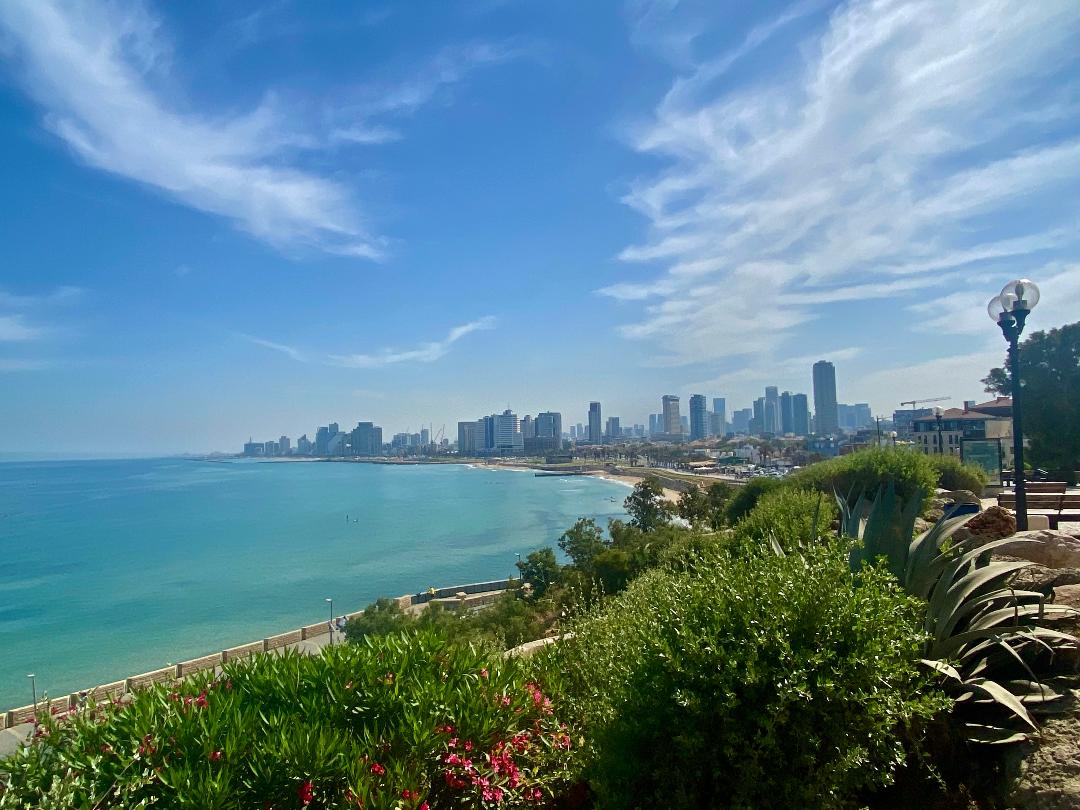
Israel’s rainiest months tend to be December – February, with November and March seeing occasional rainfall as well. Though not a very rainy country, it can be wise to travel with a light rain jacket if your week of travel forecasts precipitation. As your departure date nears, we highly suggest looking at the weather report for the cities you will be visiting in Israel.
There are few if any dress restrictions for visits to religious sites. Most of the visits included in your program are considered casual. When visiting the Western Wall, men will be required to cover their heads. However, head coverings are provided at the site if you do not already have them. At the Western Wall, women should have their shoulders covered (t-shirts are fine – just no tank tops), and their knees covered (pants or longer skirts). Otherwise, casual and comfortable dress is perfectly appropriate throughout your program.
Most programs include a visit to the Dead Sea with an opportunity to swim in the super-salty and buoyant water – so bring your swimsuits. There are changing rooms and showers there as well as a gift shop and snack bar for those who choose not to swim. Even if it is a little cool in Jerusalem, it will be pleasant and warm at the Dead Sea.
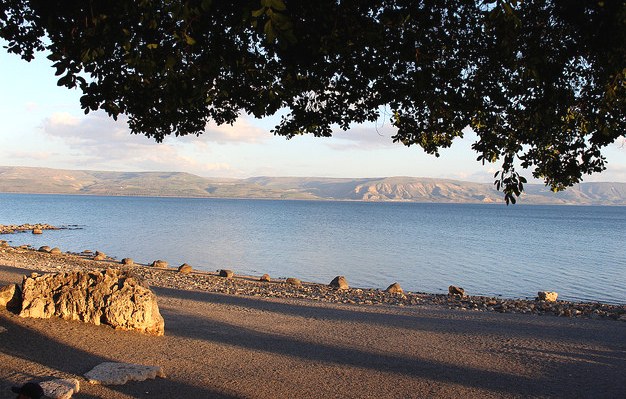
Be sure to pack comfortable walking shoes for your program, as you will be doing quite a bit of walking. Some may find the walking to be too physically demanding. If for some reason you are not sure you are up for a site visit, just let your tour manager know. Often times, you will be able to stay on the bus with the bus driver.
Amongst conservative Jewish and Muslim communities, there is wide-spread gender segregation. For the most part, this won’t impact your visits or program. But, if in your free time you wander into a more conservative neighborhood, be respectful of traditions and avoid approaching the opposite gender if you see that men and women are separate.
Diet
Breakfast and dinner will be included each day at the hotel. These are usually in a large buffet format and include a wide variety of options. The healthy Israeli diet draws on Mediterranean, Middle Eastern, and Jewish influence, a product of its unique geographic location. Options usually include fish, chicken, vegetables (particularly eggplant, bell peppers, zucchini, and tomatoes), olives, hummus, falafel, couscous, pita bread with chili-based sauces, potatoes, and a wide variety of vegetable salads. Salad is a staple of the traditional Israeli breakfast, and of course, fruit. Israel is one of the world’s top producers of oranges, lemons, and grapefruit. You will also find an array of delicious cakes and pastries to sample.
There are plenty of options for those adhering to a gluten-free diet, including gluten-free breads, cakes, and falafel. You will find that the majority of the buffet items are naturally gluten-free. Due to the minimal amount of meat in the Israeli diet, adhering to a vegetarian diet in Israel is also quite easy and includes many options. If you have dietary restrictions, make sure this is communicated to illume prior to travel. Your tour manager will be informed as well, so that your meals (particularly those not served at the hotel) can be accommodated. Your wait staff will be happy to accommodate you as best they can.

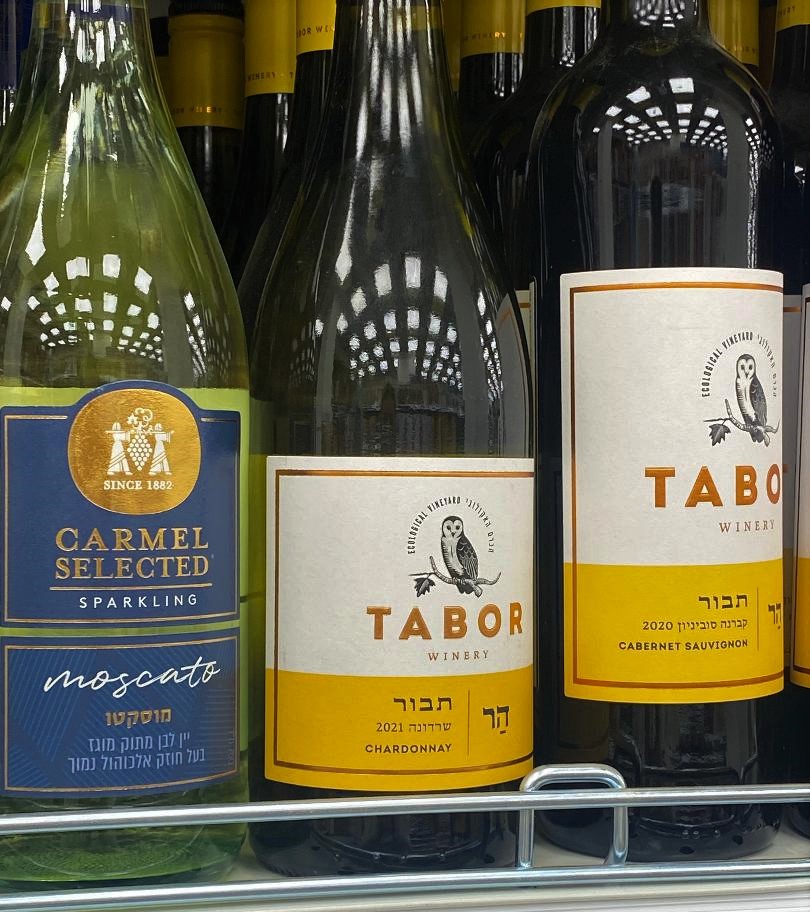
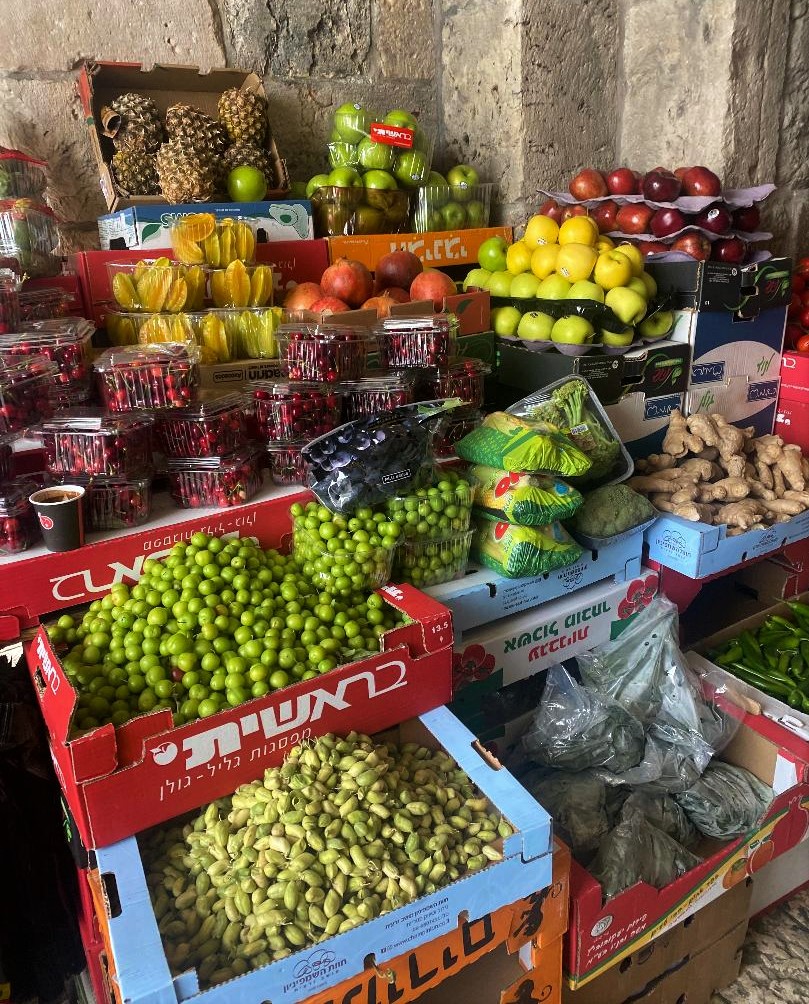
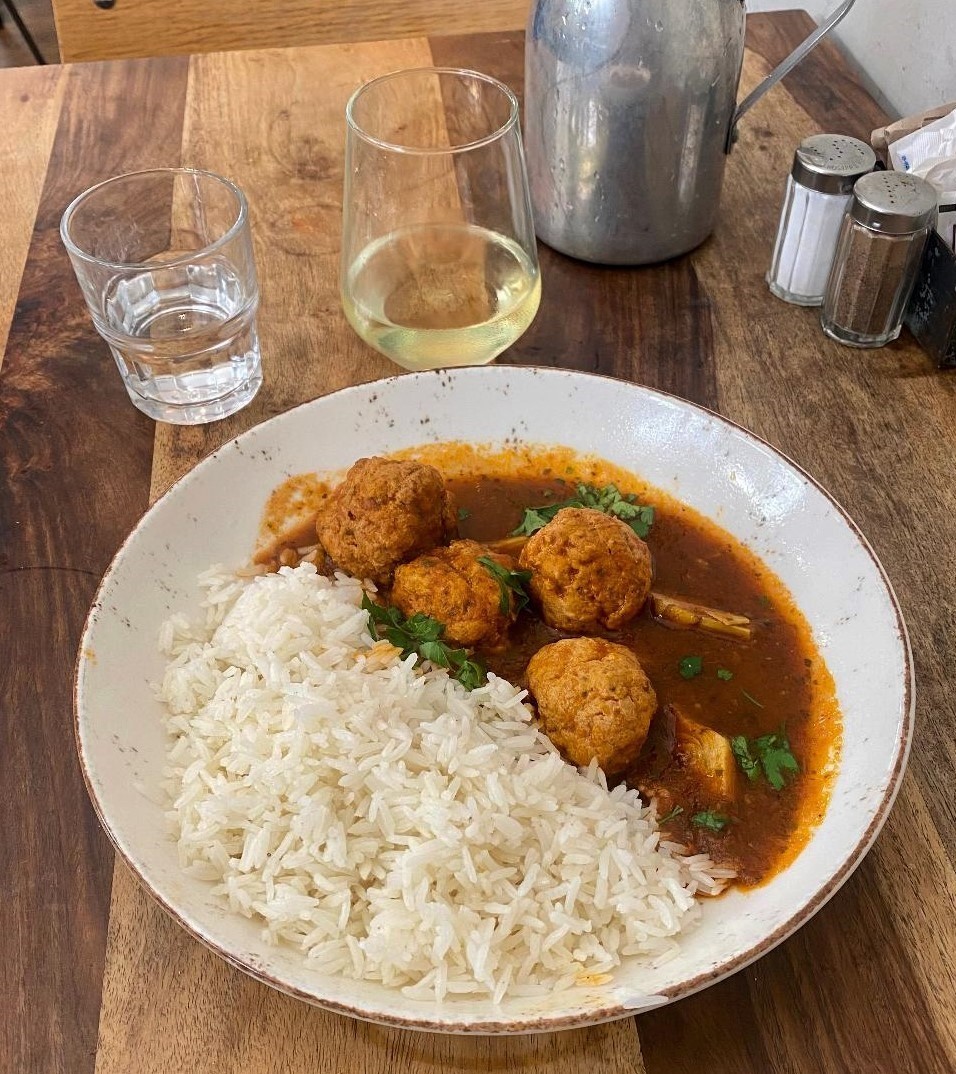
Although not as vast of a wine producer as France, Italy, or the U.S., Israel has cultivated a world-class wine industry in recent years, boasting five diverse vine-growing regions spread across the country. It is certainly one of the oldest producers, as wine has been produced in Israel since biblical times. Israelis almost always drink wine with their meals, so if you plan to drink wine, we encourage you to try some native ones! The country’s most commonly produced wines are Chardonnay, Cabernet Sauvignon, Merlot, and Sauvignon Blanc. Wine or other alcoholic beverages are usually not included in pilgrimage packages, but you can order drinks from the wait staff, and they will charge this to your room.
During daytime sightseeing, the tour guide will find a convenient time and place for the group to break for lunch. These lunch breaks are usually at places where sandwiches, salads, and other light fare are available for a nominal price. We suggest budgeting about $15-$20 for each lunch, which will be paid at the restaurant.
Tap water is generally safe to drink except in and around the Dead Sea. Some people carry water bottles and refill at the hotel before the day’s journey. Cold water bottles are often supplied on the bus by your bus driver and tour manager as well.
Shabbat
In Judaism, Shabbat is considered the day of rest, and it is widely observed in Israel. Most businesses close on Shabbat from Friday afternoon (sundown) to Saturday evening (sundown), so if you are planning to spend some free time shopping— particularly in Jerusalem— take these closures into account (though Christian and Muslim businesses will be unaffected). Although Shabbat makes it difficult to visit businesses, shops, and most restaurants, it is an excellent time to witness how Jews honor this time of rest, prayer, and family time. It is also a great time to walk around Jerusalem as the city is particularly quiet, with virtually no traffic (public transportation is closed during Shabbat).
You may encounter Shabbat elevators in hotels. During Shabbat, observant Jews don’t turn on machines. To accommodate this, elevators run continuously during Shabbat, opening and closing doors automatically at a set frequency. For example, if you get on at the ground floor and need to get to the fourth floor, you do not even need to press the button as the elevator will automatically stop and open at each floor.
In Arab neighborhoods, you may encounter times of prayer (Muslims pray five times a day). In some areas this may mean stopping of traffic, interrupting shopping, and taking a break from whatever is happening in order to pray.
Shopping and Money
Tourism is one of the main drivers of the Israeli economy. Throughout Israel, you will find abundant opportunities to shop for local goods. These include textiles, ceramics, carved olive wood, leather products, jewelry, paintings and prints, and a vast assortment of religious articles.
If you find that one or more of your purchases exceeds 400 shekels, it may qualify for a VAT (Value Added Tax) refund. This tax is often added on to merchandise purchased by tourists, but the good news is you can apply for a refund at the airport’s VAT counter before your departure home. You will need an invoice, receipt, and the item when applying for your refund. It is a fairly easy process, and you’ll end up with some money back in your pocket. Just keep in mind that other tourists will be doing the same thing, and there may be a bit of a line at the airport to do so.


Most shops—both high-end and street markets—accept U.S. Dollars as form of payment. Local restaurants, where you have lunch, also accept U.S. Dollars. You can change U.S. Dollars into Shekels at your local bank in the USA (you may want to do this a couple of weeks in advance as your bank will likely need to place an order for the Shekels), at the airport in the USA before departure, or at the hotel (if you just want a little pocket change). In Jerusalem, ATM machines are also available to withdraw local currency. Many vendors and shops welcome credit cards.
When it comes to tipping, anywhere between 10-15 percent is average for waiters and bartenders. As is the case in the U.S., waiters and bartenders earn the majority of their pay from tips, so keep this in mind when paying your bill. Gratuities for the wait staff and hotel staff are included in your pilgrimage package. You do not need to tip staff during your included meals of breakfast and dinner. However, if you go to the bar, or out to a local café or restaurant, gratuities are not included and should be extended to those who serve you. It is not expected for one to tip taxi drivers in Israel.
If you find that one or more of your purchases exceeds 400 shekels, it may qualify for a VAT (Value Added Tax) refund. This tax is often added on to merchandise purchased by tourists, but the good news is you can apply for a refund at the airport’s VAT counter before your departure home. You will need an invoice, receipt, and the item when applying for your refund. It is a fairly easy process, and you’ll end up with some money back in your pocket. Just keep in mind that many other tourists may be doing the same thing, and there may be a bit of a line at the airport to do so.
We recommend reading our article on Shopping in the Holy Land.
Language
A majority of Israelis emigrated from various parts of the world or are children of immigrants. Hebrew and Arabic are the official languages of Israel and the Palestinian Territories, but most people speak multiple languages. English is widely-spoken and is most people’s second or third language. Knowing some Hebrew words and phrases is an enjoyable and considerate way to connect to the locals and their land. They will be pleasantly surprised to hear you speak Hebrew, and eager to help you learn more!
Here are some common Hebrew phrases to get you started:
| Hello - Shalom |
| How are you? - Ma shlom-kha? |
| Thank you very much - Toda raba |
| Good morning - Boker tov |
| Good evening - Erev tov |
| How much does it cost? - Kama ze ole? |
Electrical Outlets and Smart Devices
In Israel, the standard voltage is 220 V, and outlets are different from those in the U.S.A. Hotels include hair dryers in the bathrooms. If you are recharging your smart phones, tablets, laptops or other devices, the device usually automatically converts the voltage through the recharging device. You should check to see if your device has automatic-converting capacity. If not, you will need to purchase a voltage converter. If yes, you will need a plug adapter but not a voltage converter. Plug adapters can be found easily on Amazon. You will want to purchase a Type-H adapter. Many are sold in packs of 2 or 3, which is helpful for couples or those looking to charge multiple devices.
Wi-Fi and access to the internet is widespread in Israel. Hotel wi-fi information is generally provided at the front desk or in your room. Internet access when traveling on the bus can be spotty.
Back to Bibliography
